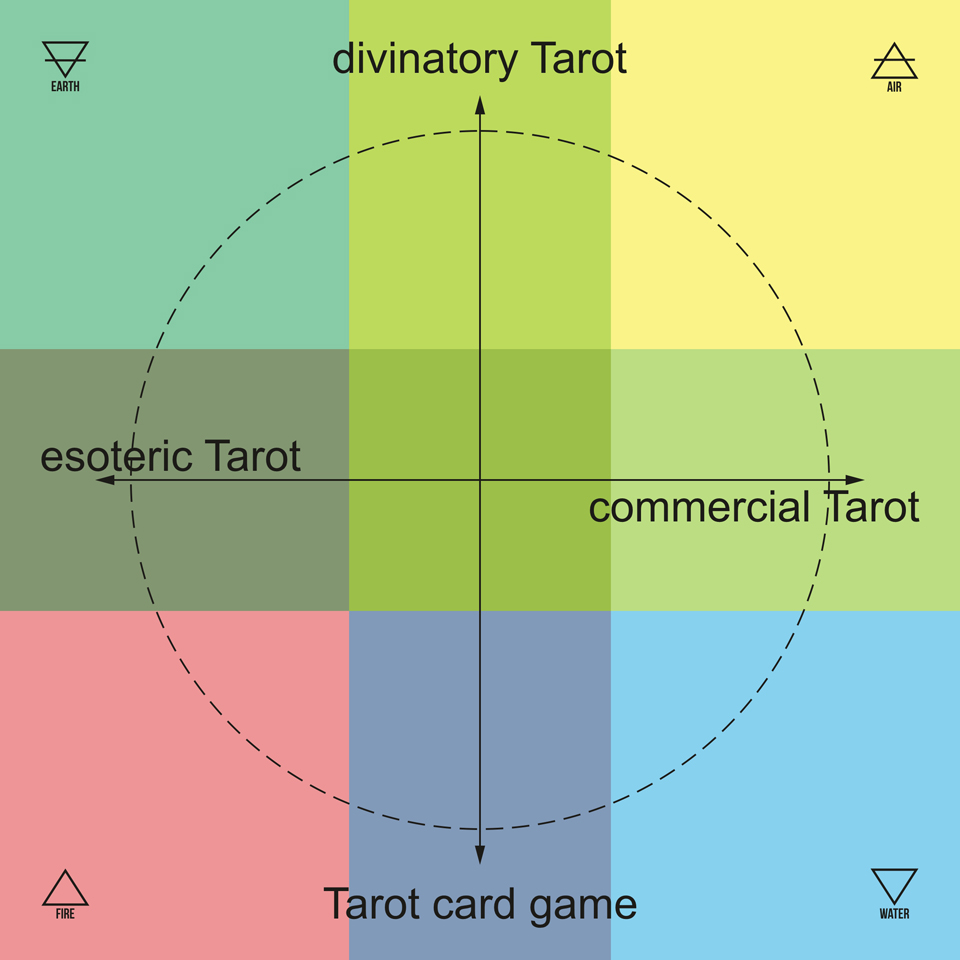
Since the mysterious appearance of the first known Tarot deck in the mid-fifteenth century in Northern Italy, we only speculate regarding its original purpose. It was meant to be an entertainment instrument, a deck of cards for game playing, or it was created for divination, respectively a tool for preserving and transmitting esoteric wisdom (knowledge) hidden in plain sight?
While the vast majority of the scholars seem to agree that it was ‘just a simple card game’, considering the dense content and esoteric nature of its architecture, I respectfully disagree.
However, the Tarot evolved in both directions. Apparently, the card game playing branch preserving the esoteric content. These directions may be considered as vertical evolution.
The first known and assumed esoteric Tarot, a deck designed specifically for divination and fortune-telling, is the deck created by the French cartomancer Jean-Baptiste Alliette, better known as Etteilla and published between 1789-1804.
The horizontal evolution divides the Tarot into esoteric and commercial decks. One stress the esoteric content of the deck, the other focuses more or exclusively on the aesthetic.
In my opinion, the first commercial Tarot deck is the one created under the supervise of Arthur Edward Waite and published by the Rider publishing house originally in 1909. Waite was only in it for the money.
The four cardinal directions of the evolution of Tarot


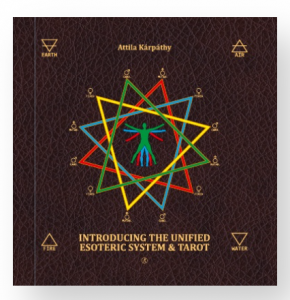
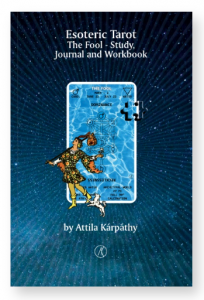

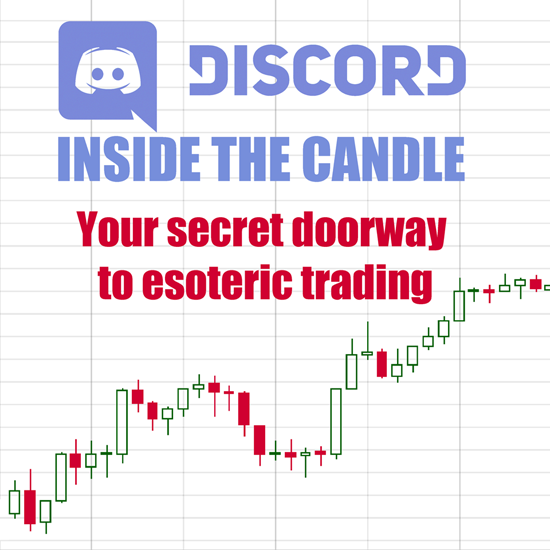
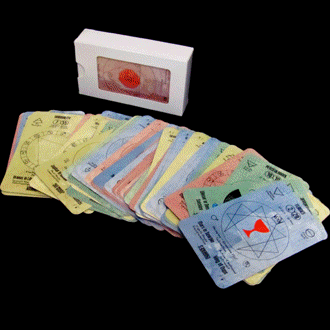
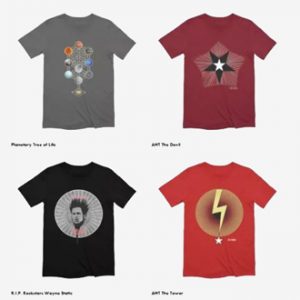
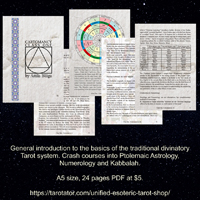
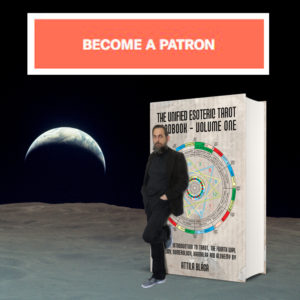
I think Waite also cared about his so-called “rectification” of the Tarot. I think he was enough of a true student of the occult to care about more than just money, although that could have been a factor.
Not entirely sure about that. Waite was a dedicated scholar, but he focused especially on the Christian esotericism and constantly disconsidered ‘Magick’. When he took over a fraction of the Golden Dawn, he eliminated what he considered ‘unorthodox’ and rewrote the ceremonies in accordance with the Christian doctrines. He tried to make money out of ‘Magick’, wrote a book (A manual of cartomancy) under a pseudonym (Grand Orient), but constantly disconsidered Magick and especially Cartomancy. It is true, he altered the order of two Major Arcana cards, apparently for a better astrological match, but actually he never bothered to explain this switch and his Pictorial Key is a very superficial work, mostly copying the interpretation of the cards given by Etteilla. Thanks for your comment!
Thanks for the reply. I’m no Waite scholar but just because Waite didn’t care for fortune telling doesn’t mean he only made his deck for the money. He cared a lot about the Major Arcana. Less about the minor Arcana, which was used for fortune telling. But the major Arcana was still important from an esoteric perspective. And just because you try to make money doesn’t thereby discount your seriousness. He didn’t dismiss all magick only “low” magick which includes fortune telling. As for being Christian, I don’t see the big deal. Dion Fortune also took a pretty Christian approach to the Qabalah as well. And the reason the pictorial key is superficial because he took his secret oath seriously, unlike Crowley who broke it. Food for thought! Cheers and thanks for the interesting conversation!
Absolutely! I enjoy any discussion – even when parts do not agree.
It is arguable, as long Waite has decided to publish the deck and afterwards the book, he considered no longer is bound by the secrecy oath. Anyway, this is what most scholars say.
Using the Kabbalah to convert Jews to Christianity was the primary motive for translate and publish kabbalistic texts in the first place. However, when it comes to Kabbalah, I prefer the interpretation and explanations of individuals as Michael Laitman, Moshe Idel or Gershom Scholem, rather than the mystical-Christian humbug of Western occultists.